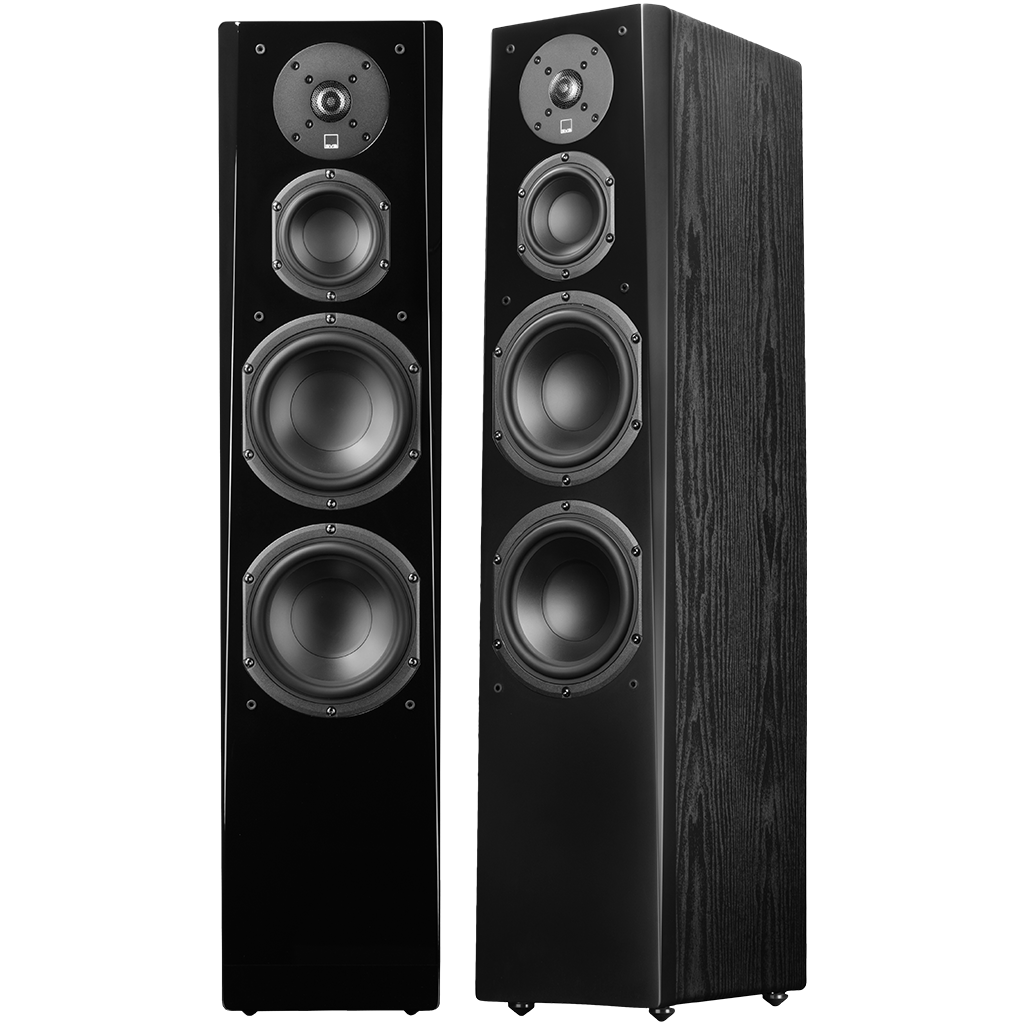Have you ever wondered why pianos are so costly? It’s not just about the beautiful craftsmanship and the enchanting melodies they produce. There are several factors contributing to the hefty price tag attached to pianos that go beyond their musical allure. Let’s delve into the intricacies of piano manufacturing, the materials used, and the craftsmanship involved to understand why pianos command such high prices.
The Complexity of Piano Manufacturing
Pianos are intricate musical instruments with a complex structure that requires precision in every detail. From the wood selection to the assembly, piano manufacturing involves a meticulous process that requires highly skilled craftsmen. The intricate design and construction of a piano call for expertise and attention to detail, which significantly impacts the cost of production.
Quality of Materials
The quality of materials used in making a piano plays a substantial role in its price. Fine pianos are crafted from high-grade woods such as spruce, maple, and mahogany. The soundboard, an essential component of a piano, is usually made from the finest spruce, which contributes to the richness and resonance of the instrument’s sound. Additionally, the keys, strings, and hammers are composed of top-quality materials, adding to the overall expense of the instrument.
Expertise and Craftsmanship
Skilled craftsmanship is indispensable in the production of a piano. Each piano is meticulously assembled by expert craftsmen and technicians who dedicate years to mastering this art. The intricate process of voicing and regulating the instrument’s sound requires extensive skill and experience, contributing to the elevated cost of pianos. The level of expertise and commitment to quality assurance are among the factors that justify the high price of pianos.

Credit: www.svsound.com
Demand and Exclusivity
Pianos are often considered as luxury items and are associated with prestige and class. As a result, the demand for high-quality, premium pianos remains consistent, influencing their pricing. The exclusivity of certain piano brands and models further adds to their price tag, as they are highly sought after by collectors, musicians, and aficionados. This aspect of demand and exclusivity contributes to the perception of pianos as valuable and, consequently, expensive commodities.

Credit: www.decanter.com
Investment in Exceptional Sound
When you invest in a piano, you are not just purchasing a musical instrument; you are investing in exceptional sound quality and durability. Fine pianos are designed to produce rich, nuanced tones that endure through decades. The investment in premium sound and longevity is reflected in the price of pianos, as they are built to uphold their musical excellence for generations.
Market Value and Resale Potential
Pianos are often viewed as valuable assets with the potential for appreciating in value over time, particularly if they are maintained in excellent condition. This perception of pianos as sound investments contributes to their high market value, further intensifying their price point. The resale potential of well-maintained, high-quality pianos is an attractive factor for purchasers, as they see pianos as a long-term investment that retains value over the years.
Frequently Asked Questions On Why Are Pianos So Expensive : Unveiling The Premium Worth
Why Are Pianos So Expensive?
Piano prices are influenced by factors such as craftsmanship, materials used, complexity, and reputation of the manufacturer. The high-quality components and labor-intensive manufacturing process contribute to the higher cost.
Conclusion
In conclusion, the high cost of pianos is a reflection of the intricate manufacturing process, the use of top-quality materials, the expertise and skill of craftsmen, as well as the demand and exclusivity associated with these remarkable instruments. Although the price of pianos may seem daunting, it is a testament to the exceptional craftsmanship, long-lasting value, and enduring musical beauty that these instruments possess. Pianos are indeed a treasure worth investing in for those who appreciate the unparalleled artistry and melodic allure they offer.

